Perfumes have been an integral part of human civilization, playing a symbolic, spiritual, and social role in cultural ceremonies across the globe. From ancient rituals to modern celebrations, the use of fragrances has evolved but remains deeply rooted in tradition. This article explores the significance of perfumes in various cultural practices, highlighting their role in enhancing spiritual experiences, marking milestones, and expressing communal identity.
The Historical Importance of Perfumes in Rituals
Perfumes trace their origins to the earliest civilizations, where they were used for both sacred and secular purposes. In ancient Egypt, perfumes were considered gifts of the gods and were essential in religious ceremonies. Incense, made from aromatic resins such as frankincense and myrrh, was burned to honor deities and purify temples. Similarly, in Mesopotamia, perfumed oils were integral to royal ceremonies, symbolizing power and divine connection.
In ancient India, perfumed substances like sandalwood and rosewater were central to Hindu rituals. These fragrances not only enhanced spiritual practices but also served as offerings to gods. The ancient Chinese and Japanese cultures also revered perfumes, using incense in Taoist and Buddhist ceremonies to create a harmonious connection between the human and spiritual worlds.
Perfumes in Religious Ceremonies
Christianity
In Christian traditions, perfumes hold significant meaning, particularly in Catholic and Orthodox practices. Frankincense, for example, symbolizes the prayers of the faithful rising to heaven. The use of myrrh during the anointing of the sick and during funerals reflects themes of healing and eternal life. Perfumed oils, such as chrism, are used in sacraments like baptism and confirmation, signifying purification and consecration.
Islam
In Islamic traditions, fragrances are highly valued and considered an expression of cleanliness and devotion. The Prophet Muhammad encouraged the use of perfumes, particularly during Friday prayers and special occasions like Eid. Oud, amber, and musk are among the most revered scents, often used to enhance the atmosphere during prayer and recitations of the Quran.
Hinduism and Buddhism
In Hindu ceremonies, perfumes are a vital component of offerings to deities, known as “puja.” Incense sticks and sandalwood paste are used to purify spaces and invite divine blessings. In Buddhism, the burning of incense symbolizes the impermanence of life and creates a meditative ambiance during rituals and teachings.
The Role of Perfumes in Social and Cultural Milestones
Weddings
Across cultures, perfumes play a significant role in wedding ceremonies, symbolizing love, prosperity, and new beginnings. In Middle Eastern weddings, the bride is often adorned with perfumed oils, such as jasmine or rose, to signify beauty and purity. Indian brides traditionally use attars (natural perfumes) made from exotic flowers and spices to create a sensual and auspicious aura.
Funerals
Perfumes are also used in funerals to honor the deceased and create a solemn atmosphere. In ancient Egyptian burial rites, bodies were embalmed with aromatic oils to preserve them for the afterlife. In modern times, floral fragrances are commonly used during memorial services to offer comfort and serenity.
Seasonal Celebrations
Perfumes are an essential part of seasonal festivals and celebrations. During the Japanese festival of Kodo, participants enjoy the “way of fragrance,” appreciating different scents through a meditative experience. Similarly, during the Islamic holy month of Ramadan, homes and mosques are often infused with oud to create a spiritual ambiance.
Cultural Variations in Perfume Usage
Middle Eastern Traditions
In Middle Eastern cultures, perfumes are deeply ingrained in daily life and ceremonies. Traditional scents like oud, amber, and rose are used not only for personal adornment but also to enhance gatherings and special occasions. Perfume-making is an art passed down through generations, and each blend tells a story of heritage and identity.
Western Practices
In the West, perfumes are often associated with personal expression and luxury. However, they also play a role in ceremonies, such as the use of floral fragrances in weddings and lavender or rosemary in remembrance services. Perfumes in Western culture often emphasize individuality while maintaining their ceremonial significance.
Asian Customs
Asian cultures have a long history of using perfumes in spiritual and cultural contexts. In Japan, the art of incense appreciation, known as Kodo, is a refined tradition that dates back to the Heian period. In India, the use of attars during festivals like Diwali enhances the celebratory mood and pays homage to divine blessings.
The Symbolic Power of Perfumes
Perfumes are more than just sensory delights; they carry profound symbolic meanings in cultural ceremonies. They represent purity, transformation, and connection to the divine. The act of perfuming oneself or anointing others often symbolizes respect, honor, and spiritual elevation.
Moreover, perfumes serve as a bridge between the physical and spiritual realms. The ephemeral nature of scents mirrors the transient nature of life, reminding participants of the importance of living in the present moment.
Modern Perspectives on Perfumes in Ceremonies
While traditional uses of perfumes remain prevalent, modern interpretations have expanded their role in ceremonies. Today, many people incorporate personalized fragrances into their celebrations, blending traditional scents with contemporary preferences. Perfume brands have also recognized this trend, offering bespoke blends tailored to cultural and individual needs.
The growing interest in sustainable and natural perfumes has further influenced ceremonial practices. Organic and ethically sourced ingredients are increasingly favored, reflecting a deeper connection to nature and mindfulness in rituals.
Perfumes hold a timeless place in cultural ceremonies, enriching experiences and connecting people to their traditions and spiritual beliefs. From ancient rituals to modern celebrations, the role of fragrances transcends time and geography, symbolizing purity, transformation, and communal identity.

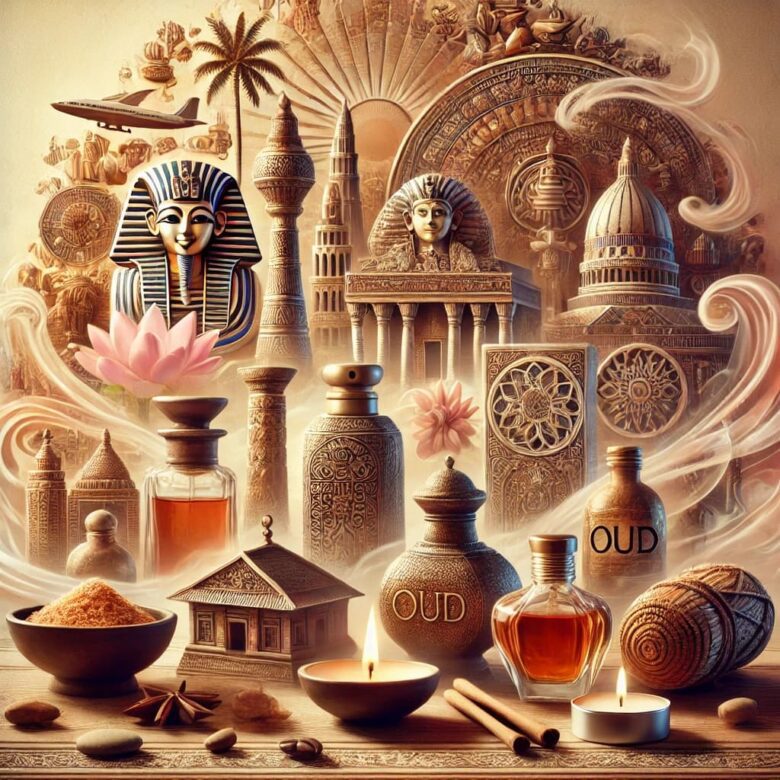
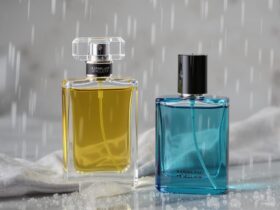
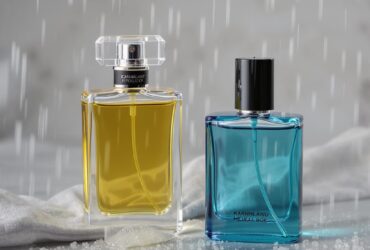



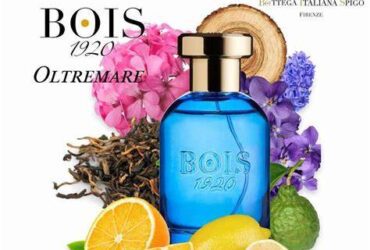
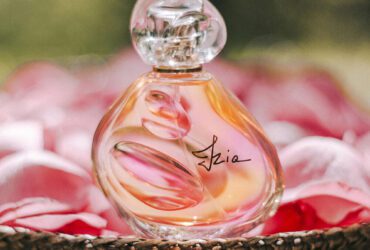

Leave a Reply